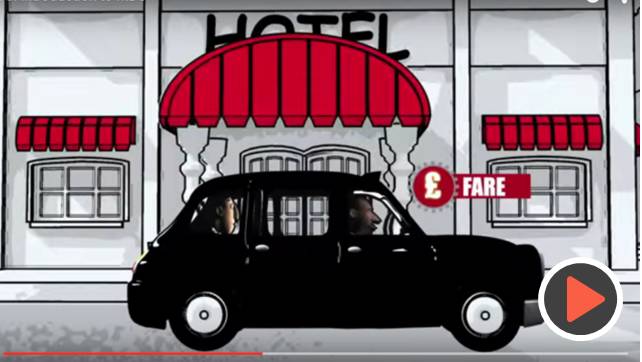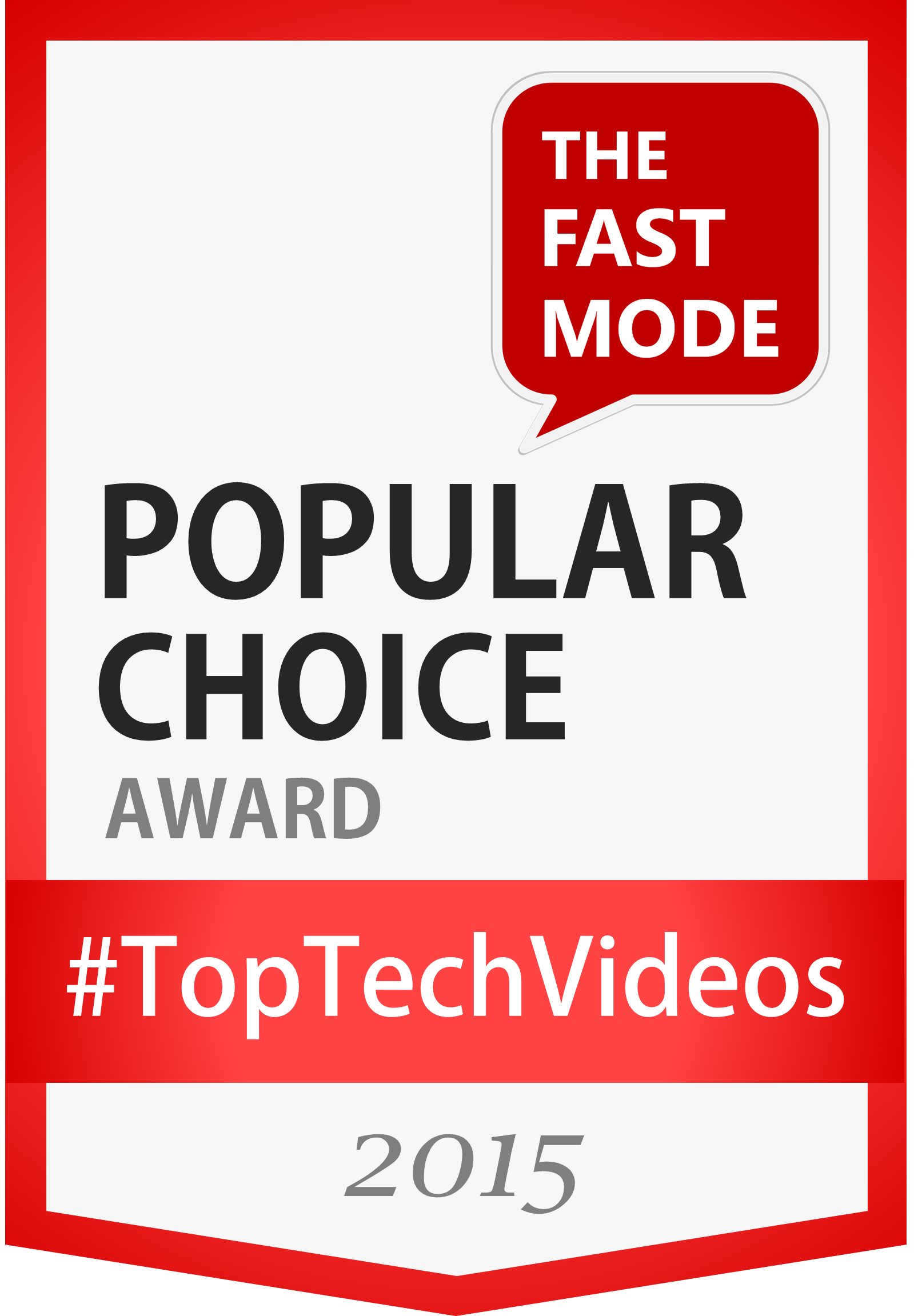The focus on service innovation is intensifying among Mobile Network Operators (MNOs), and interestingly, for the first time, the push to find the next big thing to sell is being driven largely by competition from players outside the industry. Cable operators peddling data services, airlines providing inflight Wi-Fi, OTT players offering content and connectivity as in the case of Facebook and its FreeBasics, web-based communications solution providers offering voice and messaging over IP and a host of content providers bundling music, movies and real-time communications – are all part of the new players making foray into the telecommunications industry, trying to take a bite out of the seemingly lucrative mobile services market.
Hence, when MNOs start talking about service innovations, their inherent concern is about staying ahead in the game, to take on competition from incumbent and new entrants, especially those from other verticals who are finding increasing growth opportunities in this market as it transitions to an all-IP domain and as the fascination of all things mobile and Internet continues to rise rapidly among consumers around the world.
Among the increasing number of new entrants to the mobile services market are Mobile Virtual Network Operators (MVNOs) and non-telco Enterprises who are realizing how their inherent strengths, for example - a huge existing clientele, widespread physical presence, fat digital content libraries, a large number of mobile assets and a long list of digital customers – are providing them with the edge to compete with other players in offering highly innovative, yet highly targeted mobile services in various verticals.
Despite the frenzy over the rollout of mainstream mobile services covering VoLTE, Wi-Fi Calling, LTE Broadcast and even Operator TV services by MNOs, MVNOs and non-telco Enterprises are proving to be just as innovative in tailoring offers for specific vertical needs, pointing to both the rapid evolution of mobile communications in many other verticals and the technological capabilities that enable such plans to be created and delivered in a short time span.
 Exploring this further, Tara Neal and Prushothma Rao of The Fast Mode spoke to Gary Bunney, CEO of MDS and Andy Peers, the company’s CTO on what fuels these innovations and how the MVNOs and non-telco Enterprises are forging ahead in an increasingly competitive mobile market. The interview follows the TopTechVideos competition by The Fast Mode last year where MDS emerged as one of the top 3 winners to be awarded the Popular Choice Award.
Exploring this further, Tara Neal and Prushothma Rao of The Fast Mode spoke to Gary Bunney, CEO of MDS and Andy Peers, the company’s CTO on what fuels these innovations and how the MVNOs and non-telco Enterprises are forging ahead in an increasingly competitive mobile market. The interview follows the TopTechVideos competition by The Fast Mode last year where MDS emerged as one of the top 3 winners to be awarded the Popular Choice Award.

Customer Management and Billing
Advanced billing and customer care solutions allow Mobile Operators to create even the most complex service packages, with a high degree of flexibility that caters for the growing number of services Mobile Operators are offering today.


MDS' Product Video and Kiosk as Featured in The 2015 Top Tech Videos
Having joined as CEO of MDS in December last year, Gary Bunney said that the company, a specialist in Business Support Systems(BSS) and Customer Care solutions for MVNOs and Enterprises is focusing on two large, yet specific market segments which the company foresees growing tremendously over the coming years namely the retailer MVNO segment comprising multi-store retailers, big supermarkets and specific retail outlets; and the B2B market, comprising Enterprises deploying connectivity and communication services to complement their core businesses.

Gary Bunney,
CEO, MDS
Innovation will be particularly critical in the retailer MVNO market that has reached a level of saturation on its prepaid voice offers, highlighted Gary. Players in this space need to move quickly to expand their offers in multiple ways – from offering the entire suite of convergent mobile services to tapping on new service features to expand each user into a bigger account.
“Retailers are in the mobile business for two reasons – one, it is a profitable line of business in its own right along with their other lines of businesses,” said Gary. “Beyond that they understand that everybody these days is spending 8 hours or more a day on their devices - it is the way that people interact with the world today. This gives rise to ‘real estate’ in the hands of users, one which is becoming increasingly fundamental to everyone’s life. If the real-estate is owned by the business, is in their brand and sold by them, it gives the business the opportunity to exploit the synergies for the rest of their business.”
Analytics and the Retailer's Advantage

Andy Peers,
CTO, MDS
According to Andy, most retailers provide in-store WiFi and are able to capture various data, for example consumption patterns, content preferences and spending trends via the in-store connection. However, the real valuable data that can provide retailers better insights into what their customers really want is found by analyzing their behaviour when they are OUTSIDE the stores. However, this wealth of information that can point to what customers want from the retailer and their lines of businesses cannot be provided by the regular MNO. This is an example, said Andy, of how businesses will find mobile offerings complementing and enriching their core activities, and hence why retailer MVNOs bring a unique proposition to the market.
These same insights can then also help the MVNO enhance its mobile business, for example, in determining the add-on services such as content bundles that subscribers will want to take up. Asked whether this will enable MVNOs to start offering content services such as music and mobile TV services, Andy said that MVNOs do have various options open to them to embark on these new services, including partnership with content providers such as Netflix which will enable an MVNO to add video and music offers to their plans if they decide to do so.
Tapping on Unlimited Upsell Opportunities
To enable MVNOs in the retailing sector to expand beyond the prepaid service to more advanced and varied offerings in the mobile space, Gary pointed out the approach used in the deployment of its BSS and Customer Care solution to help MVNOs identify existing and emerging mobile service needs among its consumer base. The approach which maps every customer into an account that is hierarchically configured allows MVNOs to respond to the different service needs within that account. An existing customer, typically the head of the family, becomes the main account holder via whom the MVNO can upsell various new offers aligned to the needs of the household.
By introducing different types of voice, SMS and data plans and by integrating control features such as time limits and content control, the main account holder will be able to share data among family members and benefit from the overall tariff bundle. With its real-time capability, MDS’ BSS and Customer Care solution also allows MVNOs to add other features including bill shock management, enforcement of data constraints and timely notifications on data usage, added Gary.
Communications is Everyone’s Business
While MVNOs might seem to be the front-liners in tapping the growth in mobile services to create their own mobile brands and service plans, the advent of the Internet-of-Things (IoT) and M2M sees businesses in other sectors such as transportation, logistics, health and energy realizing the need to incorporate connectivity and communications, particularly mobile, to their existing business lines.
This is the result of the convergence in IT and telecommunications, where data now rides on telecom networks, and organizations go beyond connecting people to connecting servers, machines and processes with their cloud infrastructure where applications filter out the information collected from their fixed and mobile assets to provide real-time data and insights which then enable users to manage and control their business activities from anywhere in the world.
According to Gary, the B2B market is presently underserved as their communications requirements are very niche and require the right level of expertise and understanding. An insurance company, said Gary, will want to bundle traditional mobile service (voice and data) with a pay-as-you-drive insurance that is linked to a number of activities tracked by the embedded SIM in the car. These activities can range from the number of kilometers driven, the number of times the driver brakes hard to the number of times the driver exceeds the speed limit.
Information from the events tracked helps the insurance company gather data that can be used in charging their customers and also in creating new policies. It’s an example of a use case that sees organizations positioning themselves as provider of mobile services as means to stay competitive in their own verticals. Other examples include logistics service providers and security service providers, both of whom leverage mobile connections to their fleet and their security appliances, respectively, to capture and deliver information that is required by their clients for monitoring their assets.
Andy added to this point saying that insurance, logistics and security services (including connectivity for prison tags!) make up about 20% of the SIMs provisioned by MDS. He emphasized the fact that every business is unique in its communication needs, and MDS’ innovation platform supports any business model, enabling enterprises to provision services to any client, any device, in any location.
“The idea of the innovation platform is allowing enterprises to set how they want to bill their services. It can be charging on the basis of per transaction, per click, per kilometre, per braking, per tag and so on, and these will continue to change in future as technologies and business models evolve. In fact, there are many businesses out there with millions of SIMs facilitating their business activities. To cater for each vertical, we have to ensure that our platform remains open,” said Andy.
Similarly, for retailer MVNOs, their overall business strategy plays a key role in determining how they leverage today’s billing platforms to enhance their value proposition. According to Andy, “As we go forward, the market will see more consolidations with margins being squeezed which means that MVNOs have to move away from being pure discounters to offering a differentiated service.”
Sharing MDS’ work on ID Mobile, a UK-based MVNO, where services were developed around maximizing customer experience, Andy said, “With ID Mobile, the focus was customer experience which brings differentiation and in turn creates loyalty in a market characterized by constant churn, which then contributes to additional revenues for the operator.” ID Mobile services are available in both the UK and Ireland and the MVNO is popular for its ‘build-your-own-plan’ offers and flexible contract lengths.
Outsourcing the Complexities

MDS Headquarters in Cheshire, England
Elaborating on how today’s BSS solutions enable MVNOs and Enterprises to differentiate their mobile services and serve niche segments, Gary shared with The Fast Mode the deployment model MDS offers on its own BSS and Customer Care solution.
“When we look at the retail segment, MVNOs have a fairly small number of staff, sometimes just around 10 people which means that they are limited by internal capacity to manage their mobile offering. One of the ways our customers tell us that we help them is by delivering our solution as a managed service, leveraging our experience which spans more than 15 years in both Retail and Enterprise segments. We are able to take on the tasks and issues faced by them to deliver targeted services that are aligned to their business proposition,” explained Gary. “For example, we can create a tariff for the customer within a week, when many operators will take months. This takes away the complexities and enables our customers to focus on service differentiation, essentially providing them an innovation platform from which they can launch new services quickly and successfully.” According to Gary, from completely provisioning the customer, managing the equipment, logistics and software, and handling issues around fraud and credit checking, MDS is able to facilitate and manage the service end-to-end for MVNOs and Enterprises.
An MVNO in Six Months
Asked on the speed of deployment, Gary explained that businesses looking to embark on setting up their own mobile communication services will have to first define their objectives in the marketplace, and then proceed to the next steps of establishing their brand proposition as an MVNO or service provider and then determine the capacity that they will require to run the operations effectively. Businesses can expect to go to market within 6 months with the migration of the first customers to the new offers.
Adding to this, Andy said that with speed to market becoming key to the launch of new mobile services and bundles, MDS’ real-time BSS solution leverages the cloud to provide easy-to-deploy options that meet the needs of existing and emerging MVNOs as well as Enterprises looking to bundle connectivity with their core services, and concluded with saying that by leveraging MDS’ expertise and innovation platform, these players can explore highly innovative use cases and position themselves successfully in any vertical.
Missed out on The Fast Mode 2015 #TopTechVideos showcase? Visit now to catch up on some of the most creative product videos for the Digital Telco.



















